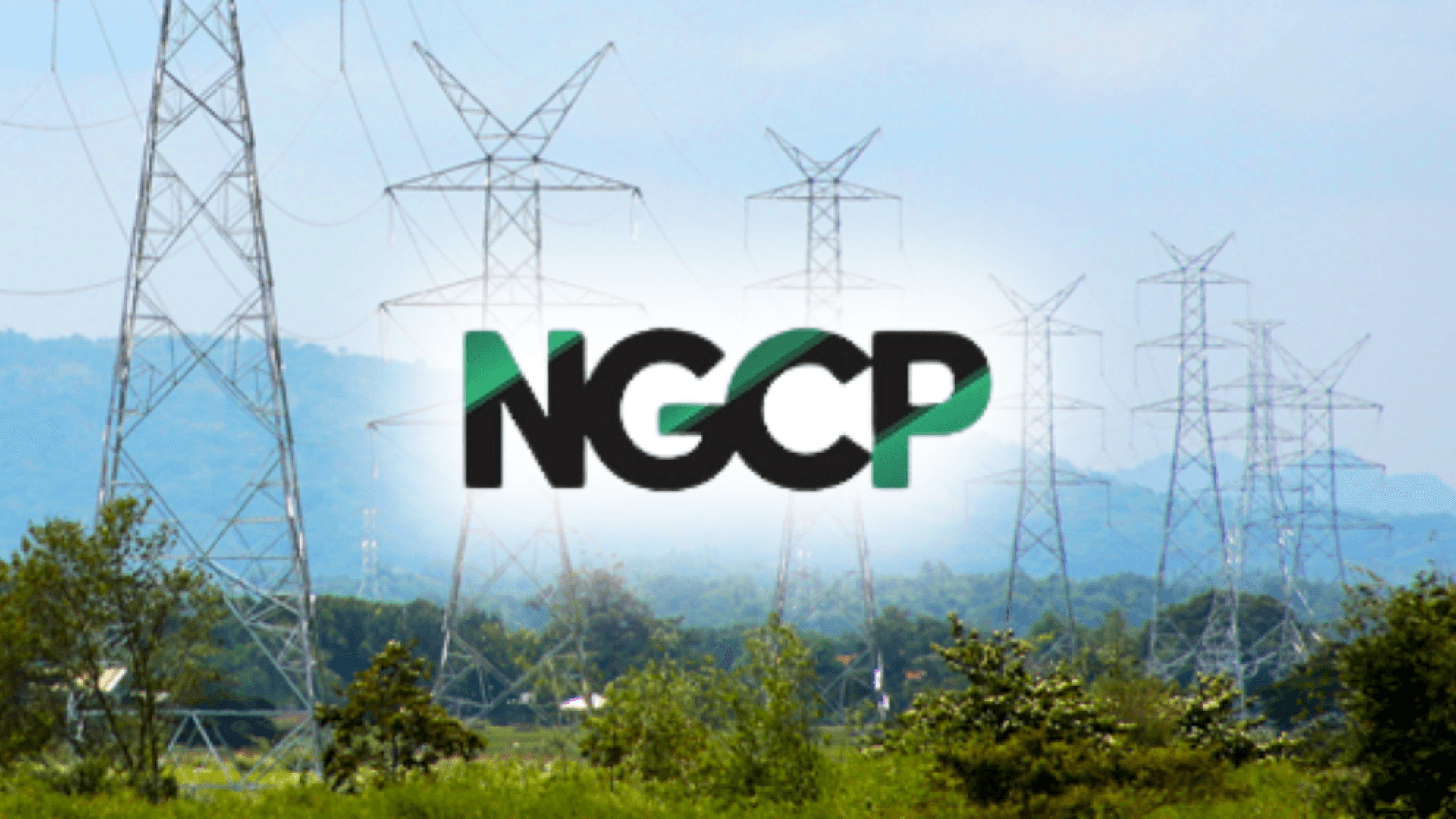
Consumers will experience a slight uptick in April’s electricity bills due to higher transmission charges, the National Grid Corporation of the Philippines (NGCP) announced.
In a briefing on Tuesday, April 15, Julius Ryan Datingaling, NGCP's head of business and regulatory development, explained that transmission rates, which are passed on to consumers to cover the cost of delivering electricity, increased in March due to higher ancillary service (AS) charges.
The transmission wheeling rates went up by 4.81 percent to ₱0.5505 per kilowatt-hour (kWh) in March, while AS rates during the same period rose by 16.05 percent from ₱0.6975/kWh to ₱0.8094/kWh.
According to NGCP, the increase includes the third payment for the remaining 70 percent of ancillary service costs from the March 2024 billing period, which was previously put on hold by the Energy Regulatory Commission (ERC).
“For Luzon, transmission rates increased by ₱0.0192/kWh [while] its AS rates are up by ₱0.1309/kWh. For Visayas, transmission rates are up by ₱0.0391/kWh, while AS rates are up by ₱0.0582/kWh. For Mindanao, transmission rates are higher by ₱0.0253/kWh, while AS rates are up by ₱0.1120/kWh,” Datingaling reported.
The grid corporation also stated that ancillary service rates pay for power supplied through the reserve market and from providers that have agreements with NGCP; since it is a pass-through cost, generating companies (GenCos) only benefit from the high AS rates.
AS are support services from power generators that help keep the grid stable when there’s an imbalance in the supply and demand.
Moreover, NGCP clarified that it only charges ₱0.55/kWh for the delivery of services, while the majority of transmission charges is remitted to AS providers.
The total transmission rate for March is at ₱1.5240/kWh, which is higher by 11.51 percent from February’s rate of ₱1.3668/kWh.
With Holy Week activities approaching, Cynthia Alabaza, NGCP spokesperson, assured that there wouldn’t be any red alerts as long as “there’s no extension of maintenance shutdown or unplanned maintenance shutdown, and no derated plants.”
“The power plants that promised to go online and begin commissions would enter the transmission system on time. For Semana Santa, at least, traditionally the demand is low so it helps mitigate… It would help balance the supply and demand for summer as well as the election day,” she added.
Furthermore, NGCP keeps a high alert, as Alabaza stated that they would treat the hot weather as they would during rainy seasons.
“If there’s a malfunction, we’re ready to assess it. [We’ll be] on high alert that day.”